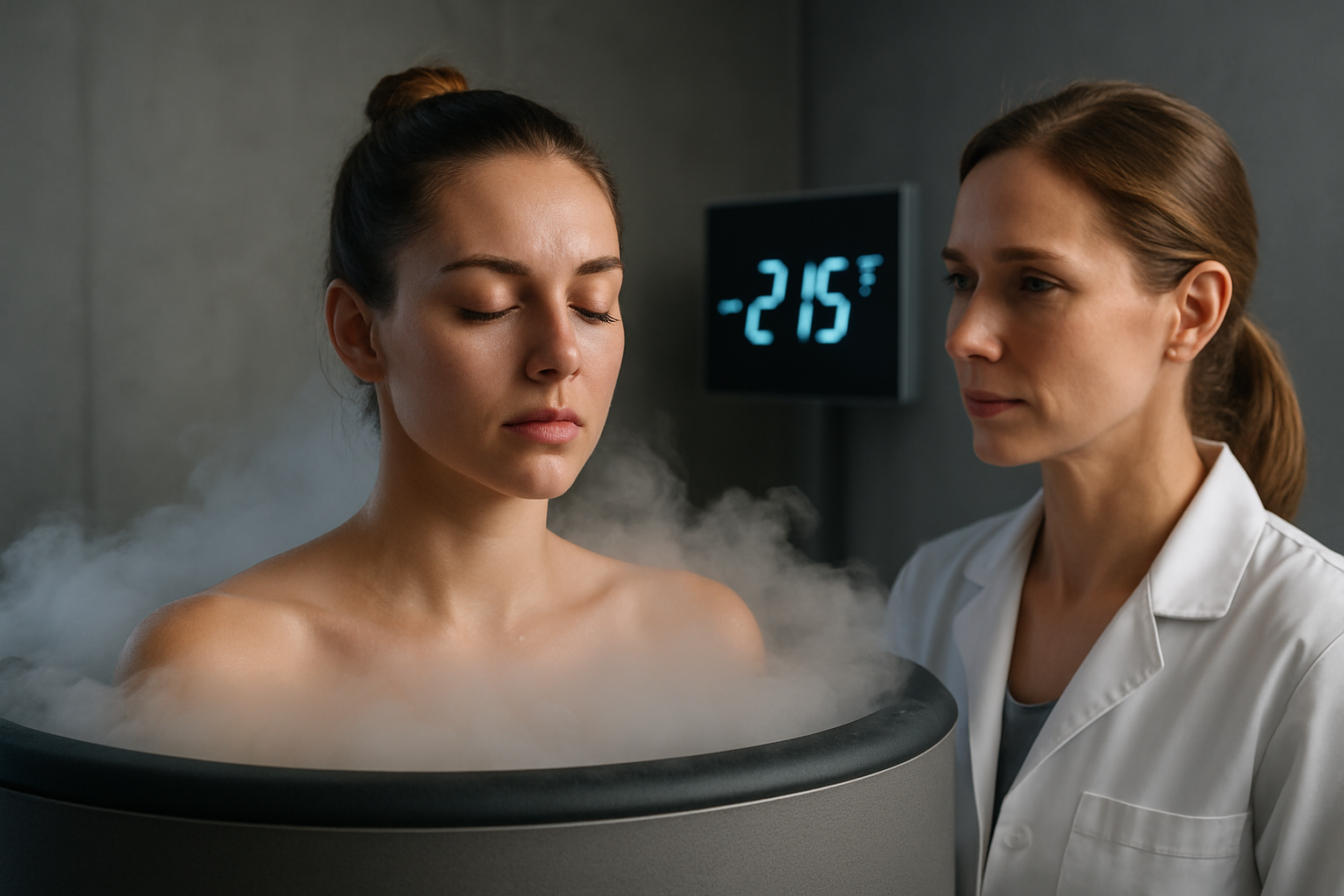Understanding and Managing Night Sweats: Treatments and Remedies
Night sweats can disrupt restful sleep and daily comfort, but understanding their possible causes and available treatment options can help manage them better. This article explores practical approaches and lifestyle adjustments that may support those experiencing frequent night sweats.

Night sweats—episodes of excessive sweating during sleep that can soak through pajamas and bedding—affect many individuals and can significantly disrupt sleep quality and overall wellbeing. While occasional night sweating due to a warm room or heavy bedding is normal, persistent night sweats may signal underlying health concerns that require attention. This article explores various treatment approaches for night sweats, from medical interventions to natural remedies.
Medical Treatments for Night Sweats
When night sweats become chronic or severe, medical intervention may be necessary. Healthcare providers typically begin with a thorough evaluation to identify the underlying cause. Hormone replacement therapy (HRT) is often prescribed for menopausal women experiencing night sweats due to declining estrogen levels. For men with low testosterone, testosterone replacement therapy may be recommended.
Certain medications can effectively manage night sweats. Antidepressants such as selective serotonin reuptake inhibitors (SSRIs) and serotonin-norepinephrine reuptake inhibitors (SNRIs) may help regulate body temperature. Gabapentin, an anticonvulsant, has shown effectiveness in reducing night sweats, particularly in those who cannot use hormone therapy. Clonidine, typically used for high blood pressure, can also reduce the frequency and severity of night sweats in some patients.
For night sweats caused by specific medical conditions, treating the underlying disorder is essential. This might include antibiotics for infections, medications for hyperthyroidism, or adjustments to current medications that might be triggering the sweating episodes.
Natural Remedies for Night Sweats
Many individuals prefer to try natural approaches before turning to pharmaceutical options. Lifestyle modifications can significantly impact night sweat frequency and intensity. Maintaining a cool sleeping environment (between 60-67°F or 15-19°C) and using breathable, moisture-wicking bedding materials can provide immediate relief. Cotton or bamboo sheets and lightweight, layered bedding allow for temperature adjustments throughout the night.
Dietary changes can also help manage night sweats. Reducing consumption of known triggers such as alcohol, caffeine, and spicy foods, particularly in the evening, may decrease episodes. Some people find relief by avoiding large meals before bedtime and maintaining adequate hydration throughout the day, but limiting fluid intake right before sleep.
Herbal remedies have shown promise for some individuals. Black cohosh, sage, and evening primrose oil have traditionally been used to address hormonal night sweats, particularly those associated with menopause. Valerian root and chamomile may help with sleep quality and reduce night sweats related to anxiety or stress. However, it’s important to consult with a healthcare provider before starting any herbal supplements, as they can interact with medications or have contraindications for certain medical conditions.
Hormonal Night Sweat Treatments
Hormonal fluctuations represent one of the most common causes of night sweats, particularly in women experiencing perimenopause and menopause. Hormone replacement therapy remains the most effective treatment for menopause-related night sweats, working by supplementing declining estrogen levels. Low-dose estrogen therapy, which can be administered through pills, patches, gels, or vaginal preparations, often provides significant relief from night sweats and other menopausal symptoms.
For women who cannot or prefer not to use traditional HRT, bioidentical hormone therapy offers an alternative. These hormones are chemically identical to those the body produces naturally and may be compounded specifically for individual needs. However, they still carry similar risks to traditional HRT and should be used under medical supervision.
Non-hormonal medications that target the brain’s temperature regulation center can also address hormonally-driven night sweats. These include certain antidepressants like paroxetine and venlafaxine, which have been FDA-approved for managing hot flashes and night sweats. Neurokinin receptor antagonists represent a newer class of medications showing promise for treating hormonally-driven night sweats without directly affecting hormone levels.
Mind-Body Approaches to Night Sweat Management
The connection between stress, anxiety, and night sweats is well-established. Mind-body techniques can help manage these contributing factors. Cognitive behavioral therapy (CBT) has shown effectiveness in reducing the frequency and distress associated with night sweats, particularly those related to menopause. By addressing thought patterns and developing coping strategies, CBT can help individuals manage their response to night sweats.
Regular practice of relaxation techniques such as deep breathing, progressive muscle relaxation, and mindfulness meditation can reduce stress hormones that may trigger night sweats. Some studies suggest that acupuncture may help regulate body temperature and reduce night sweat frequency in some individuals, though more research is needed.
Regular exercise, particularly earlier in the day, can help regulate body temperature, improve sleep quality, and reduce stress—all factors that can contribute to night sweats. However, vigorous exercise too close to bedtime may temporarily increase body temperature and potentially trigger night sweats in susceptible individuals.
When to Seek Medical Attention for Night Sweats
While many cases of night sweats can be managed with lifestyle changes or over-the-counter remedies, certain situations warrant medical attention. Persistent night sweats that occur regularly without an obvious cause should be evaluated by a healthcare provider. Night sweats accompanied by unexplained weight loss, fever, cough, or extreme fatigue could indicate a more serious underlying condition requiring prompt medical attention.
Sudden onset of severe night sweats, particularly in individuals with risk factors for infection or cancer, should not be ignored. Night sweats that significantly impact quality of life, causing chronic sleep disturbances or affecting daily functioning, deserve medical evaluation even if no other symptoms are present.
Comparison of Night Sweat Treatment Approaches
| Treatment Approach | Best For | Effectiveness | Considerations |
|---|---|---|---|
| Hormone Replacement Therapy | Menopausal women | High for hormonal causes | Potential risks for some individuals |
| SSRIs/SNRIs | Those with contraindications to HRT | Moderate | May have side effects |
| Cooling Bedding Products | Most night sweat sufferers | Varies by individual | Non-invasive, low risk |
| Herbal Supplements | Those seeking natural options | Variable, limited research | May interact with medications |
| Dietary Modifications | Mild to moderate cases | Moderate | Requires consistency |
| Cognitive Behavioral Therapy | Stress-related night sweats | Moderate to high | Time-intensive |
Prices, rates, or cost estimates mentioned in this article are based on the latest available information but may change over time. Independent research is advised before making financial decisions.
Night sweats can significantly impact quality of life, but with proper evaluation and treatment, most people can find relief. The most effective approach often involves identifying the underlying cause and combining medical treatments with lifestyle modifications tailored to individual needs. While some cases resolve with simple interventions, others may require ongoing management and adjustment of treatment strategies. Working with healthcare providers to develop a comprehensive plan offers the best chance of successfully managing night sweats and restoring restful sleep.
This article is for informational purposes only and should not be considered medical advice. Please consult a qualified healthcare professional for personalized guidance and treatment.




